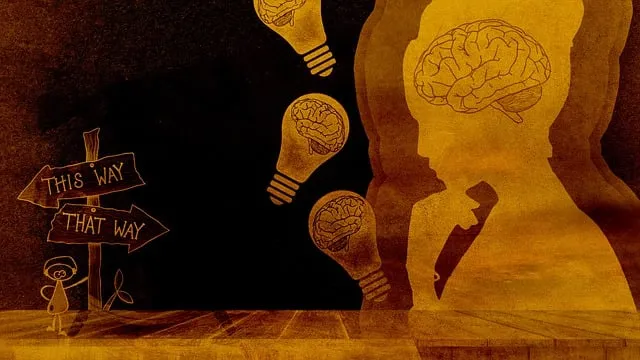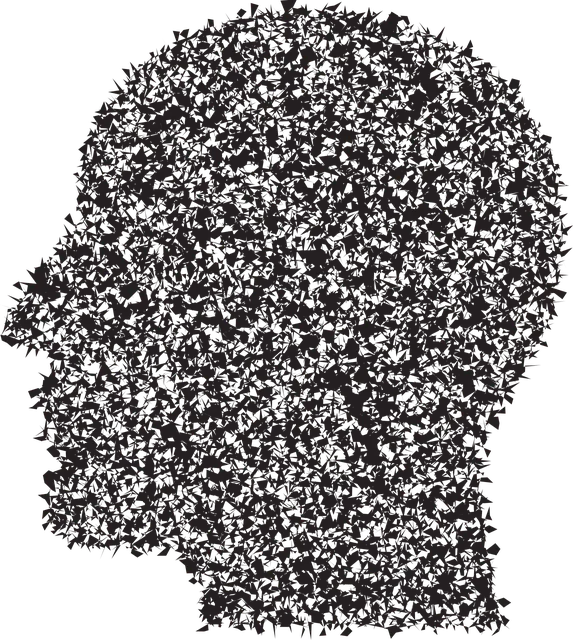The Kaiser Permanente Mental Health Appointment Center in Aurora utilizes RFM (Reach, Frequency, Monetary Value) analysis to optimize patient care and engagement. By understanding patient interactions with mental health services, they allocate resources effectively, supporting initiatives like cultural competency training and podcast series production. Resilience Building Exercises (RBE) designed for the center cater to diverse populations, address specific mental health needs, and incorporate evidence-based practices to enhance coping mechanisms and well-being. The success of these programs is measured through assessments tracking improvements in clients' mental wellness, with initiatives like the Mental Wellness Podcast Series reducing stigma and fostering community conversations about mental health.
Resilience is a powerful tool in navigating life’s challenges, and its implementation in healthcare settings has gained significant attention. This article explores the integration of Resilience, Flexibility, and Motivation (RFM) exercises at the Kaiser Permanente Mental Health Appointment Center Aurora. We delve into the design process, measurement techniques, and success stories, showcasing how these programs enhance patient well-being. By understanding RFM’s role in fostering resilience, healthcare professionals can create meaningful interventions, ultimately improving mental health outcomes for patients at KP MHA CA.
- Understanding RFM and Its Role at Kaiser Permanente Mental Health Appointment Center Aurora
- Designing Resilience Building Exercises for Effective Implementation
- Measuring Success: Evaluating the Impact of RFM Programs at KP MHA CA
Understanding RFM and Its Role at Kaiser Permanente Mental Health Appointment Center Aurora

At Kaiser Permanente Mental Health Appointment Center Aurora, understanding RFM (Reach, Frequency, and Monetary Value) is paramount in shaping patient engagement and care outcomes. RFM analysis plays a pivotal role in identifying and nurturing high-value patients, enabling the healthcare provider to allocate resources effectively. By assessing how often patients engage with mental health services, their depth of involvement, and the financial commitment they demonstrate, Kaiser Permanente can tailor interventions and programs that foster resilience. This approach aligns seamlessly with the organization’s mission to improve overall community health and well-being.
The integration of RFM into mental healthcare management offers a strategic advantage in several ways. It helps in developing targeted initiatives like the Healthcare Provider Cultural Competency Training and Mental Wellness Podcast Series Production, ensuring that patients receive culturally sensitive care. Moreover, by gauging patient commitment and satisfaction through RFM metrics, Kaiser Permanente can proactively implement Burnout Prevention Strategies for Healthcare Providers, thereby enhancing service quality and retention rates.
Designing Resilience Building Exercises for Effective Implementation

When designing Resilience Building Exercises (RBE) for implementation at Kaiser Permanente mental health appointment centers, such as the one in Aurora, it’s crucial to tailor activities that cater to diverse populations and address specific mental health needs. These exercises should foster a sense of control, enhance coping mechanisms, and promote well-being. Incorporating evidence-based practices known for Anxiety Relief can be highly effective, especially when coupled with Self-Care Practices tailored to individual preferences and cultural backgrounds.
Cultural Sensitivity in Mental Healthcare Practice is paramount, ensuring that every exercise resonates with participants from various ethnic, racial, and socio-economic backgrounds. By doing so, the RBE not only increases accessibility but also fosters a safe and inclusive environment, encouraging open dialogue and honest self-reflection. This holistic approach aligns with Kaiser Permanente’s commitment to providing comprehensive mental health services that are both effective and sensitive to the unique needs of its diverse patient population in Aurora and beyond.
Measuring Success: Evaluating the Impact of RFM Programs at KP MHA CA

Measuring Success: Evaluating the Impact of RFM Programs at Kaiser Permanente Mental Health Appointment Center Aurora
The success of Resilience and Flexibility (RFM) programs implemented at the Kaiser Permanente Mental Health Appointment Center in Aurora is not merely gauged by attendance but by the profound, lasting changes observed in participants. Through regular assessments and feedback mechanisms, the center has been able to track improvements in key areas such as stress management, emotional regulation, and coping strategies among its clientele. These programs have proven effective in fostering mental wellness, as evidenced by the increased number of individuals who successfully navigate life’s challenges with enhanced resilience and positive thinking.
The Mental Wellness Podcast Series Production, a by-product of these initiatives, has further solidified the center’s commitment to mental illness stigma reduction efforts. By sharing real-life stories and expert insights, the podcasts have created a supportive community where individuals can learn from one another, inspiring hope and encouraging open conversations about mental health. The holistic approach, combining structured exercises with creative outlets like podcasting, underscores the comprehensive nature of KP MHA CA’s RFM initiatives, ensuring that participants develop a robust foundation for mental wellness that extends far beyond the duration of their appointments.
The implementation of RFM (Resilience, Flexibility, and Mastery) exercises at the Kaiser Permanente Mental Health Appointment Center in Aurora has shown promising results. By integrating these resilience-building activities, the center aims to empower individuals with effective coping strategies, fostering a sense of control and well-being. The measured success of RFM programs underscores their potential to enhance mental health outcomes, making them valuable tools for healthcare providers. This approach, tailored specifically for Kaiser Permanente’s unique setting, could revolutionize how resilience is cultivated within the community.






